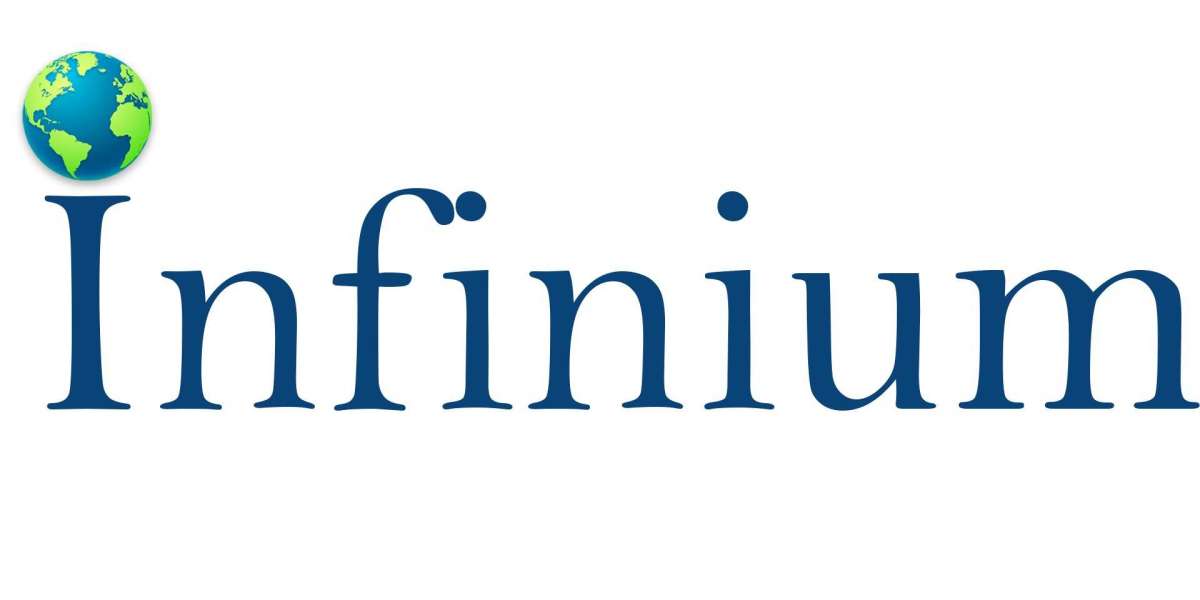The Infinium Global Research analyzes the Natural Ingredient Insect Repellent Market over the period of 2023 to 2030. This report also provides detailed qualitative and quantitative analyses of the market dynamics, market size and future trends in the global natural ingredient insect repellent market. It will help a lot of decision makers to develop strategies and find new opportunities in the global markets of natural ingredient insect repellent. The report covers market changing aspects including drivers, restraints, opportunities, and trends expected to encourage the expansion of the natural ingredient insect repellent market during the period.
The global natural ingredient insect repellent market is expected to reach USD 3,550.13 million in 2030, with a CAGR of 6.03% during the forecast period 2023-2030.
Get Sample pages of Report: https://www.infiniumglobalresearch.com/form/832?name=Sample
Do small and mid-size companies challenge the large companies domestically?
- Focus on safety and natural ingredients: Consumers are driving the market towards natural alternatives due to safety concerns with synthetic repellents. This creates an opportunity for smaller companies to specialize in natural ingredients, potentially offering unique and effective formulations. Large companies may be slower to adapt their product lines.
- Development of new natural ingredients: The report highlights ongoing research for more effective and long-lasting natural repellents. Smaller companies might be more agile in adopting these new ingredients, creating innovative products that compete with established brands.
- Market growth in Asia-Pacific: The fastest market growth is expected in this region due to rising insect-borne diseases. Smaller, regional companies may be more responsive to these specific needs and develop targeted solutions for the local market.
However, the report also mentions challenges for small and mid-size companies:
- Market Dominance of Large Companies: Established players like Spectrum Brands and Reckitt Benckiser already have brand recognition, distribution networks, and marketing budgets that smaller companies might struggle to compete with.
Do sustainable products hold strong customers' minds?
Yes, the passage strongly suggests that sustainable products like natural ingredient insect repellents are gaining traction with customers. Here's how the text supports this idea:
- Safety Concerns: Consumers are increasingly worried about the potential health risks linked to synthetic repellents containing chemicals like DEET. This drives them towards natural alternatives perceived as safer.
- Environmental Awareness: The report highlights growing concerns about the negative impact of synthetic repellents on the environment, particularly aquatic life. This leads customers to seek eco-friendly and sustainable options like natural insect repellents made from plant-based ingredients.
These factors indicate that sustainability is a key factor influencing customer choices. While effectiveness remains a concern (natural repellents might need more frequent application), research and development efforts to create longer-lasting natural options are underway. This suggests that the market is responsive to customer demands for sustainable solutions.
Key takeaways:
- Sustainability is a growing concern for customers, influencing their purchasing decisions.
- Natural insect repellents offer a perceived safer and more eco-friendly alternative.
- The market is adapting to address concerns about effectiveness of natural repellents.
Regional Analysis
- North America currently leads the market. This can be attributed to a growing awareness of the importance of mosquito repellents and evolving lifestyles that involve more outdoor activities.
- Asia-Pacific is poised for the fastest growth. This is driven by the rising threat of mosquito-borne diseases like dengue and malaria in the region. As protection becomes a necessity, the demand for natural insect repellents is expected to surge in Asia-Pacific.
Market Segmentation
- By Product Form: This refers to how the repellent is delivered. Examples include sprays, creams, essential oils, liquid vaporizers, and others.
- By Active Ingredient: This focuses on the specific plant-based ingredient used in the repellent. Some common ones include oil of lemon eucalyptus, citronella oil, catnip oil, soybean oil, and others.
- By Target Insect: This segment classifies repellents based on the type of insect they target, such as mosquitoes, flies, ticks, and others.
Report Overview: https://www.infiniumglobalresearch.com/market-reports/global-natural-ingredient-insect-repellent-market
Reasons to Buy this Report:
= Comprehensive analysis of global as well as regional markets of natural ingredient insect repellent.
= Complete coverage of all the product types and application segments to analyze the trends, developments, and forecast of market size up to 2030.
= Comprehensive analysis of the companies operating in this market. The company profile includes an analysis of the product portfolio, revenue, SWOT analysis, and the latest developments of the company.
= Infinium Global Research- Growth Matrix presents an analysis of the product segments and geographies that market players should focus on to invest, consolidate, expand, and/or diversify.
Conclusion:
In conclusion, the natural ingredient insect repellent market is gaining momentum driven by increasing consumer awareness of safety and environmental concerns associated with synthetic alternatives like DEET. These repellents, crafted from plant-based ingredients such as essential oils and extracts, offer a safer and eco-friendly option for outdoor enthusiasts seeking protection against insect-borne diseases. While challenges like shorter duration of effectiveness persist, ongoing research into new natural ingredients holds promise for enhancing product efficacy and competitiveness. As demand for sustainable solutions grows, the market for natural insect repellents is poised for continued expansion, catering to a conscientious consumer base prioritizing both personal health and environmental stewardship.



